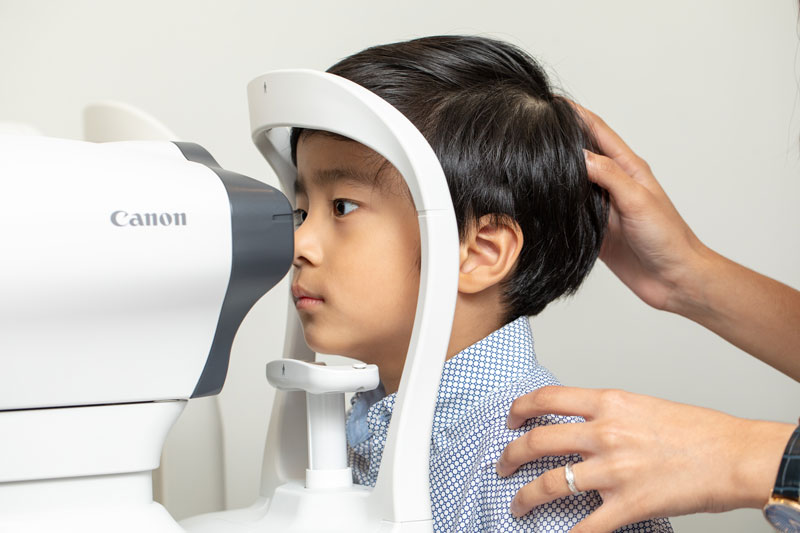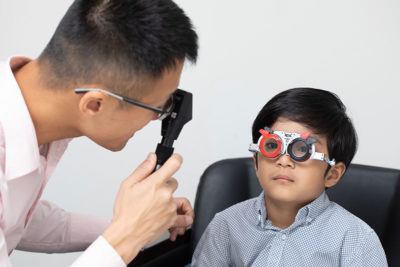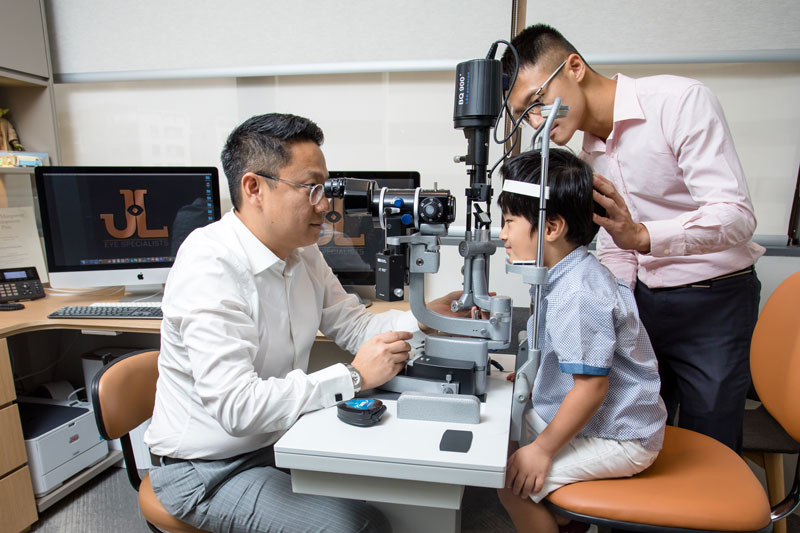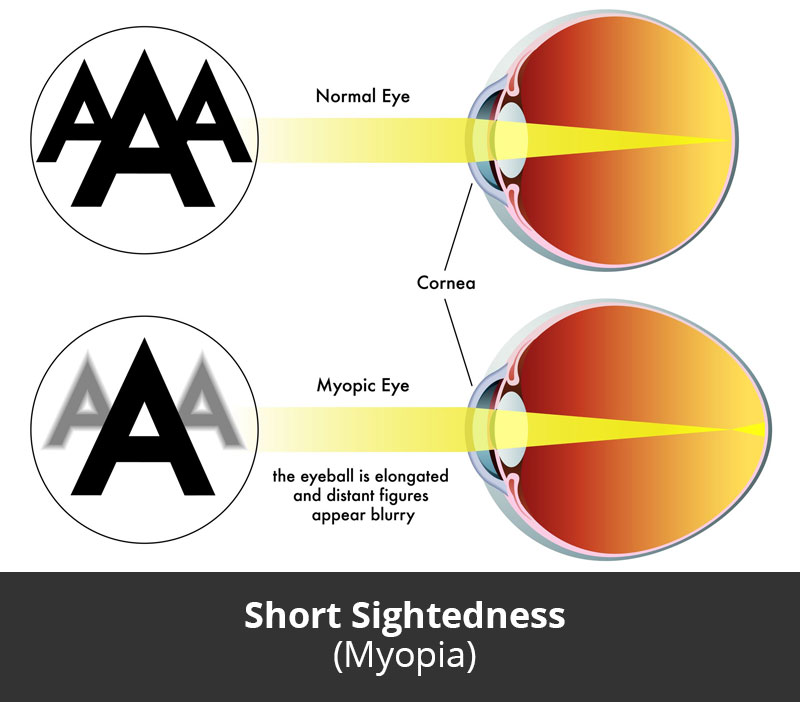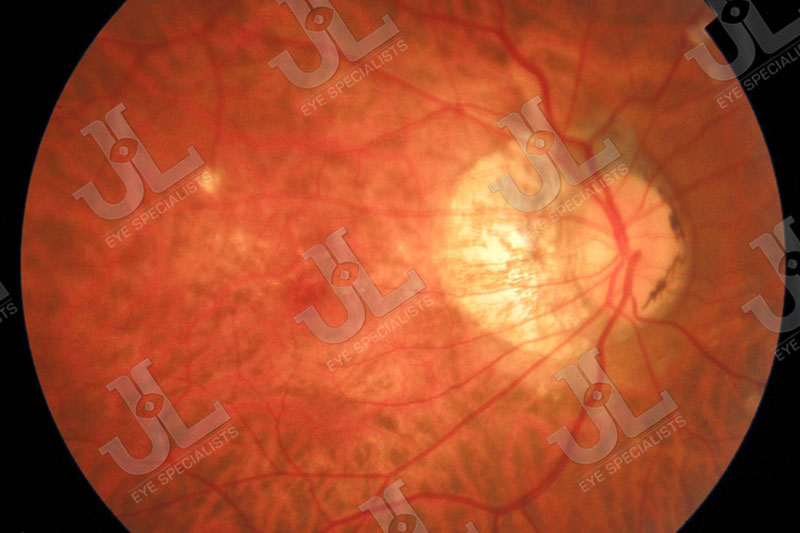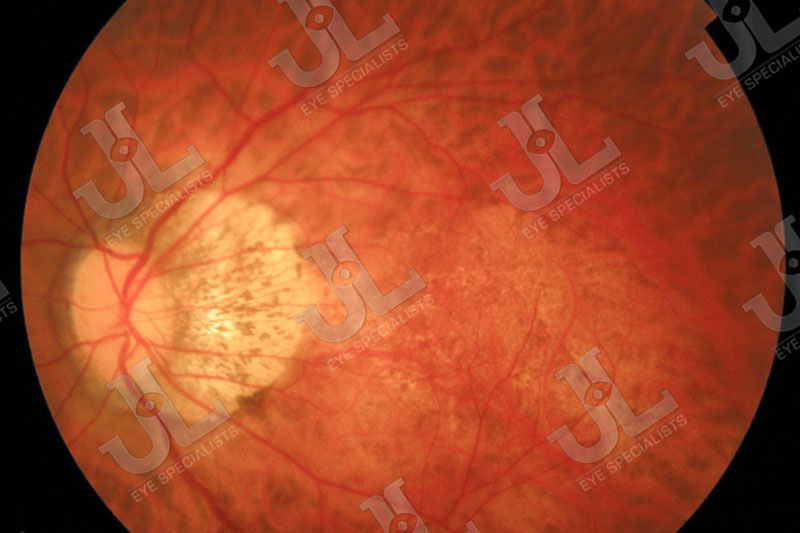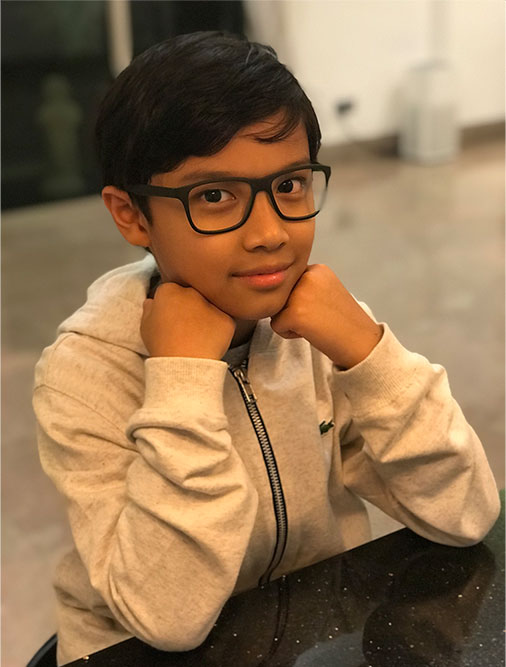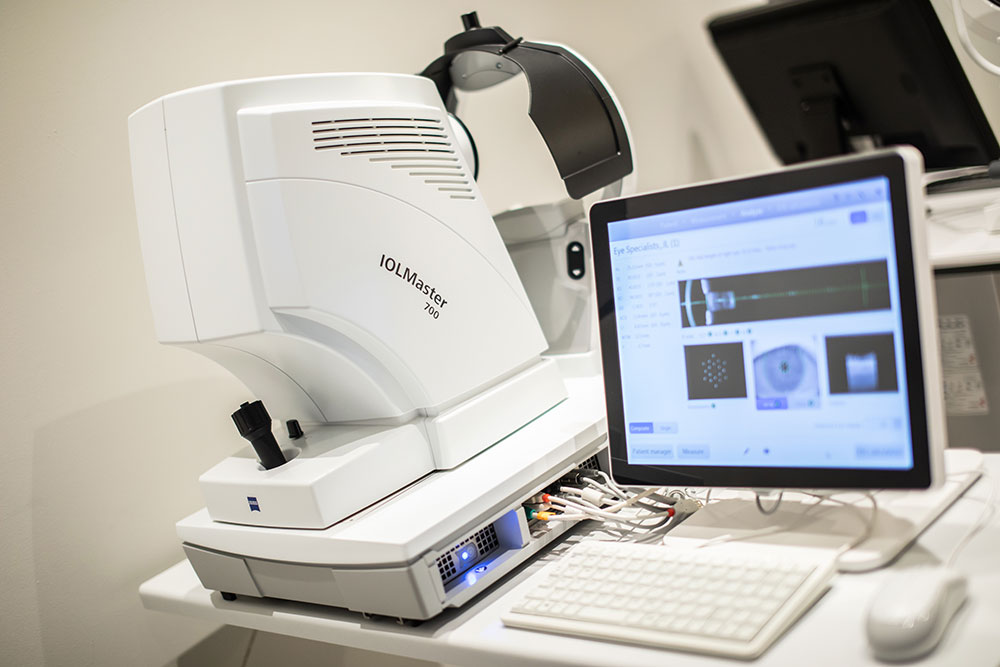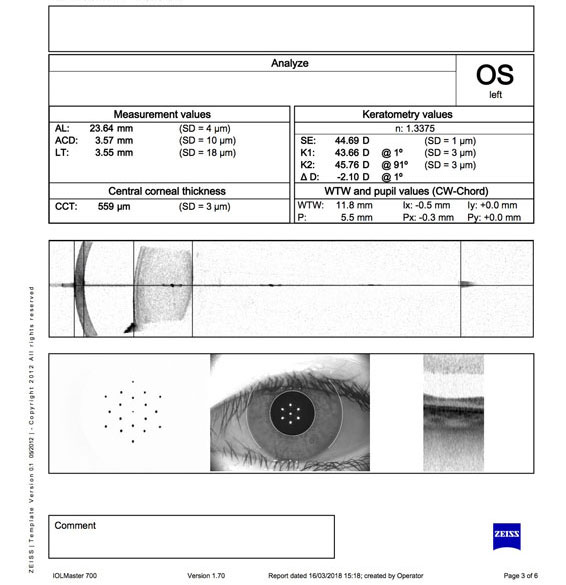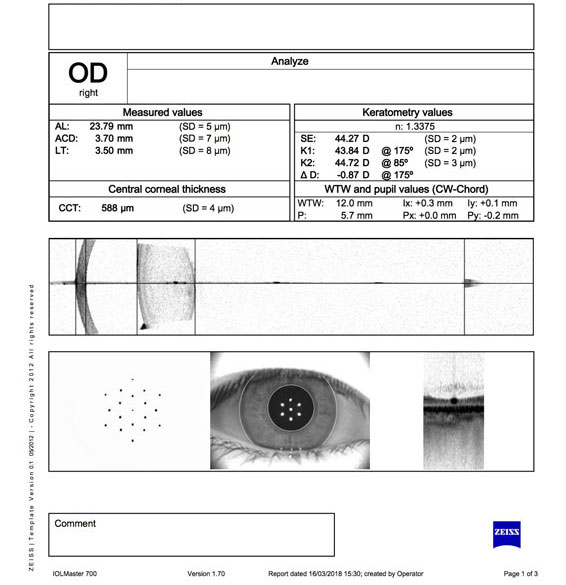Project Description
MYOPIA CONTROL
Home > Our Ophthalmologist > Services > Myopia Control
Myopia or short-sightedness is very prevalent in this part of world. It usually develops during the early school years and tends to progress to teenage years.
Myopia occurs when the eyeball is long, relative to the focusing power of the cornea and lens of the eye. This causes light rays to focus at a point in front of the retina, rather than directly on it.
When a child is short-sighted, he may have difficulty reading from the board in school and seeing distant objects clearly. However, the child will be able to see well for close-up tasks such as reading and computer use.
High or severe myopia can cause inconvenience and lead on to other eye problems in adulthood such as:
- Cataract
- Glaucoma
- Degeneration or atrophy of the macula
- Retinal tears, breaks or detachment
Hence, it is important to schedule routine eye screening for your child to detect short-sightedness early and take advantage of treatments to slow down the progression of myopia. Slowing the progression of myopia may keep your child from having to wear thick spectacles lenses.
Managing Myopia in Children
One of the best ways to prevent myopia or slow down its progression is to ensure your child practices good eye care habits. Prolonged use of handheld devices should be avoided and frequent breaks taken to rest their eyes in between reading, watching television or playing computer games. Children should be encouraged to enjoy outdoor play and sports which will help the eyes focus on objects afar.
In cases where myopia is progressing rapidly, interventional measures such as atropine eye-drops have proven to be effective in controlling myopia. Low-concentration atropine has minimal effects on pupil size, accommodation and near vision. Most patients receiving low-concentration atropine have no need for bifocal spectacles or sunglasses.
Advanced Technologies for Diagnostics and Management of Myopia
IOLMaster 700
The IOLMaster 700 is the first swept-source OCT based biometer that enables OCT imaging and visualization of the entire length of the eyeball.
Axial length measurement is taken not just for intraocular lens implants but also for monitoring of myopia.
The IOLMaster 700 highly optimized scans are completed very swiftly, which is suitable for patients who have difficulty controlling their gaze. The machine is able to obtain precise measurements at a single click of a button, even for a highly active child.
Book An Appointment
We understand that each patient comes with their unique concerns. We customize our approach to ensure that we provide each patient with the appropriate treatment to address their needs.


